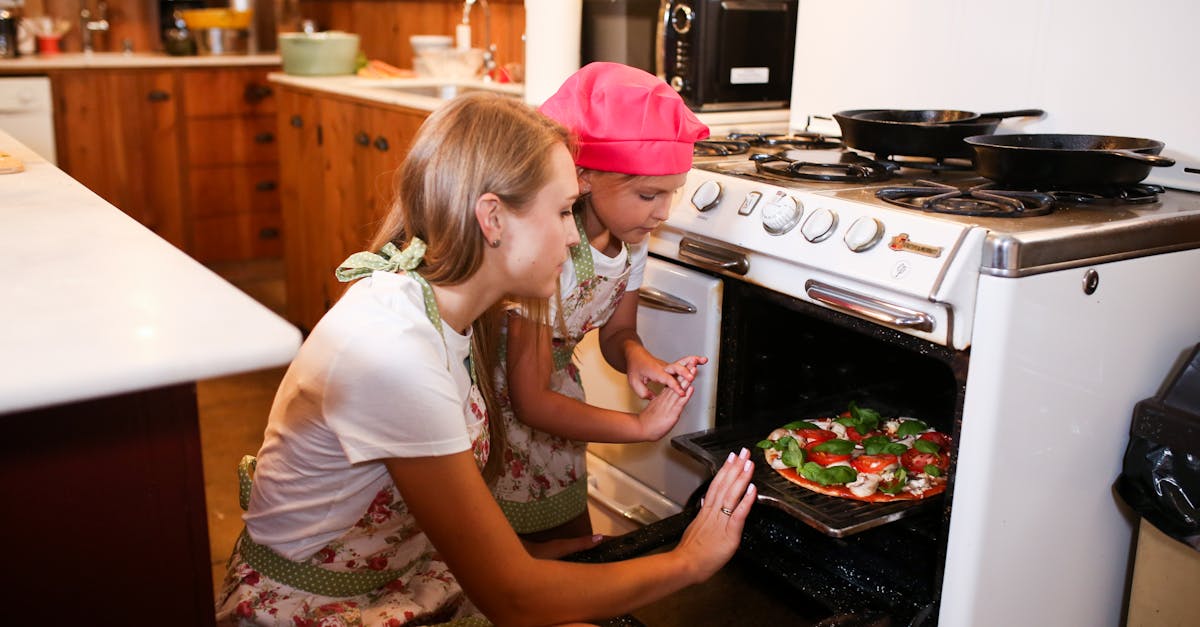Building Trust with Bible Stories
Biblical stories are excellent tools for teaching honesty. The story of Daniel in the lion’s den illustrates unwavering truthfulness despite danger. Sharing these powerful stories in exciting ways captures children’s attention. Making Bible time creative, with puppets or drawings, can make the learning experience engaging and memorable.

Practical Ways to Teach Honesty
Practicing honesty daily is vital. Use simple, clear examples like returning someone’s toy to illustrate honesty. Reinforce this with the story of Zacchaeus, who rectified his wrongs by returning money owed.
Children learn from repetition and clarity, so talk about these stories often. Always connect their actions back to biblical lessons with easy-to-understand language.

The Importance of Consistency
Consistency is key. Kids grasp values quicker when they see them consistently practiced. If a child lies about eating candy, discuss why lying is wrong using biblical references. Honest behavior must be modeled by parents. If you practice honesty yourself, your child will likely follow. Make sure your actions always align with your teachings.

Facing Emotional Challenges
Emotional challenges come with teaching honesty. Children might feel guilt or fear after being dishonest. Address these feelings openly. Share stories like the prodigal son to show that honesty leads to forgiveness and love. Reassure them that mistakes are part of learning and that the Bible emphasizes grace and redemption.

Using Everyday Situations
Everyday situations are perfect teaching moments. At the grocery store, explain why paying for items is essential. Recall the story of Ananias and Sapphira to explain how dishonesty leads to severe consequences. Use simple, everyday language and situations to link their experiences with biblical lessons about honesty and truth.

Encouraging Positive Reinforcement
Positive reinforcement works wonders. Praise children when they are honest. Use stories like Joseph’s integrity when he resisted Potiphar’s wife, showing honesty leads to respect and blessings. Create a chart to track honest behaviors, rewarding them with stickers or small incentives. This method nurtures a positive response to honesty.

Creating an Honest Household Environment
Creating a household environment that celebrates honesty makes a significant difference. Keep open communication lines where children feel safe to tell the truth. Use biblical stories regularly to explore honesty and integrity’s importance in all aspects of life. When children see that the household shares and values honesty, they’re more likely to adopt these principles.

